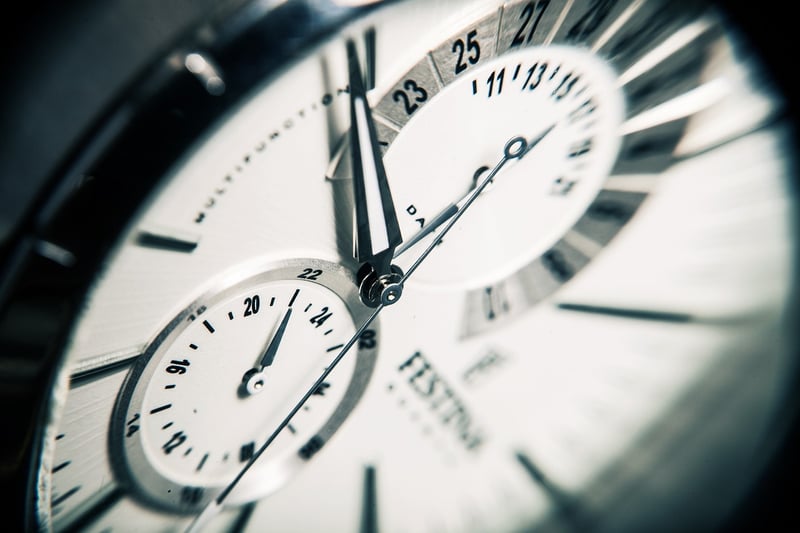Ethical Dilemmas
The Moral Implications of Time Travel and Ethical Dilemmas
Time travel has long captured the imagination of humanity, with numerous works of fiction exploring the possibilities and consequences of traversing through time. While time travel remains a theoretical concept in reality, contemplating its moral implications can lead to fascinating discussions about ethics and the nature of existence.
Paradoxes and Consequences
One of the central ethical dilemmas of time travel revolves around the concept of paradoxes. The idea that altering events in the past could have unforeseen and potentially catastrophic consequences raises questions about the responsibility of time travelers. Should they intervene in historical events to prevent tragedies, or should they adhere to a non-intervention policy to preserve the timeline?
Changing the Course of History
Another moral consideration is the impact of altering the course of history. If time travelers were to change significant events, such as preventing wars or assassinations, they would be playing "god" by manipulating the natural progression of events. This raises concerns about the balance of power and the potential for unintended consequences.
Temporal Ethics
Temporal ethics, a hypothetical branch of ethics related to time travel, delves into the responsibilities, obligations, and rights of individuals who navigate through time. Issues such as cultural preservation, the rights of historical figures, and the implications of altering personal timelines form the basis of ethical dilemmas in time travel scenarios.
Conclusion
While time travel remains a fantastical concept, exploring its moral implications and ethical dilemmas provides valuable insights into our own ethical frameworks and societal values. The theoretical discussions surrounding time travel encourage us to reflect on the consequences of our actions and the complexities of navigating through the fabric of time.

